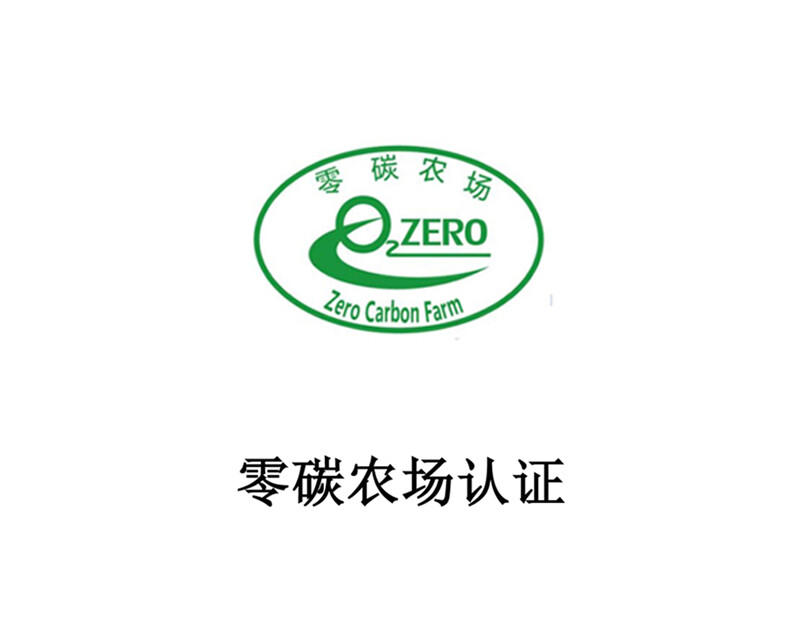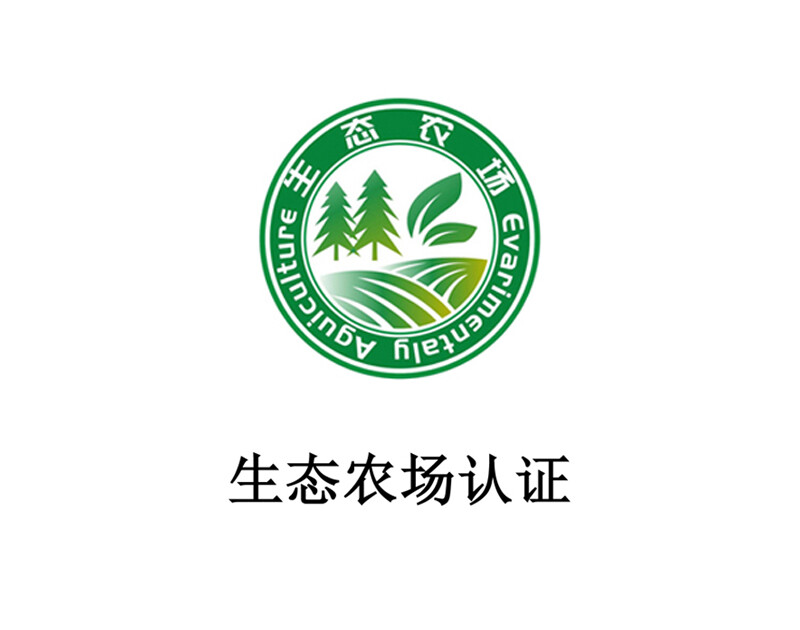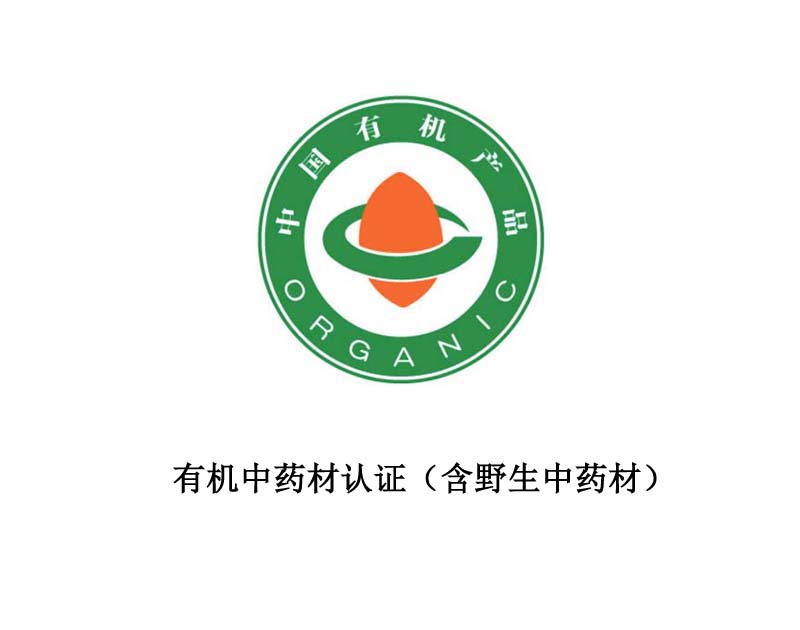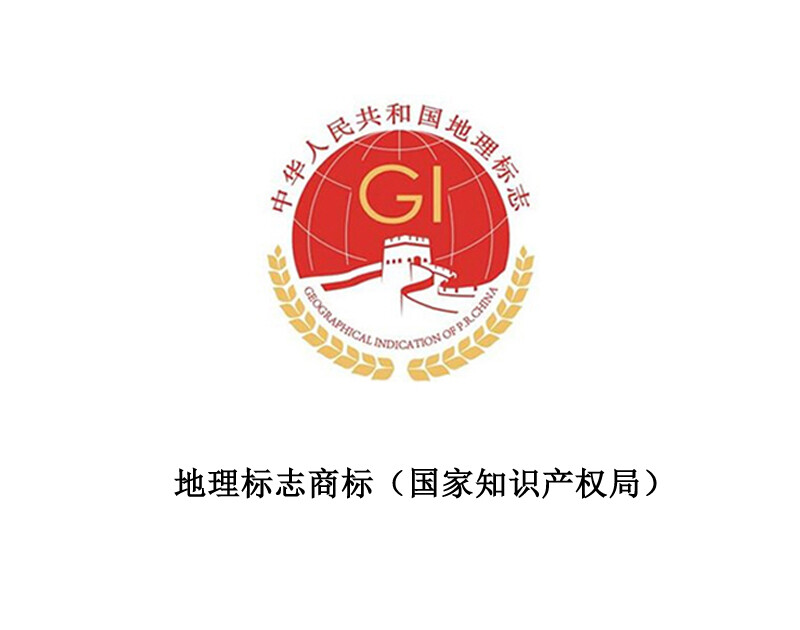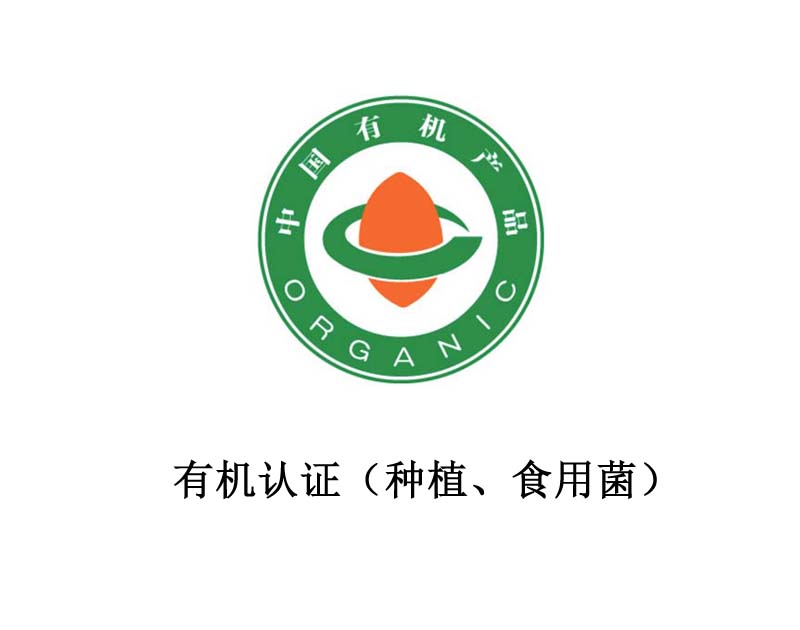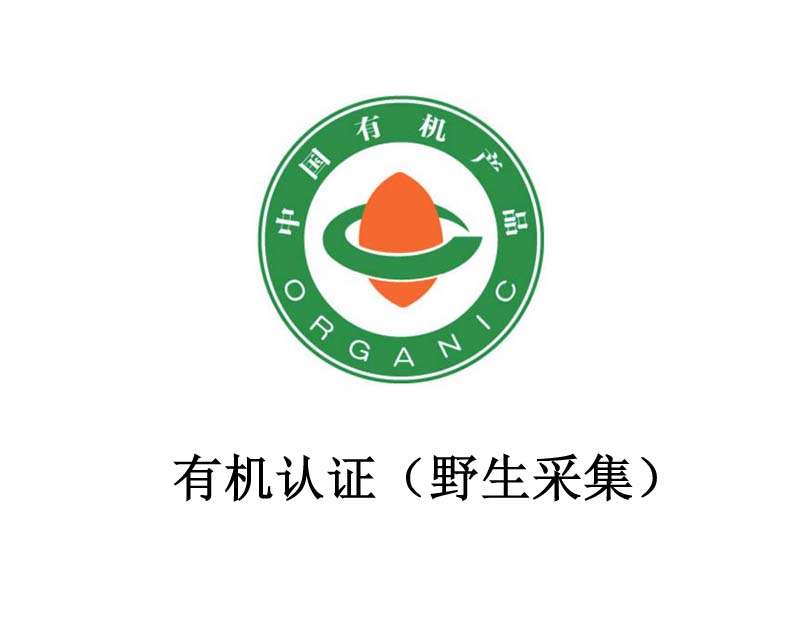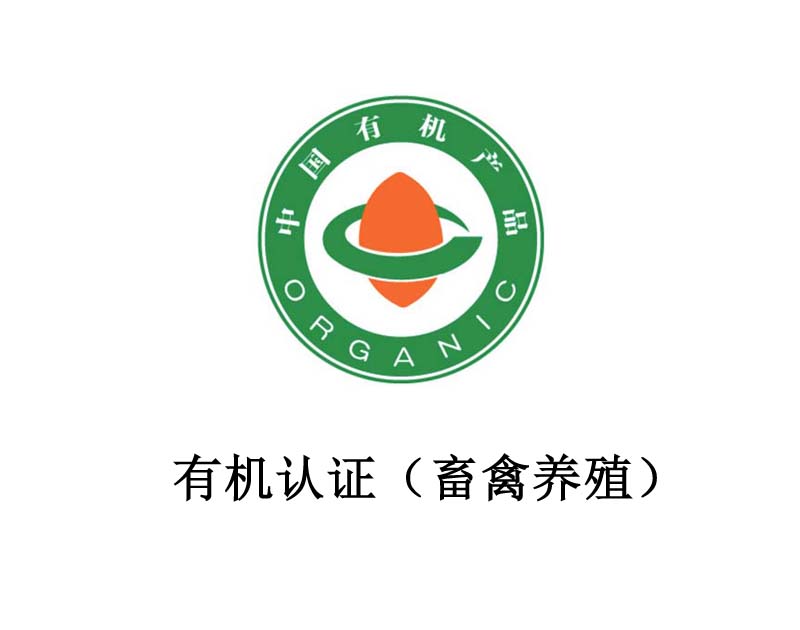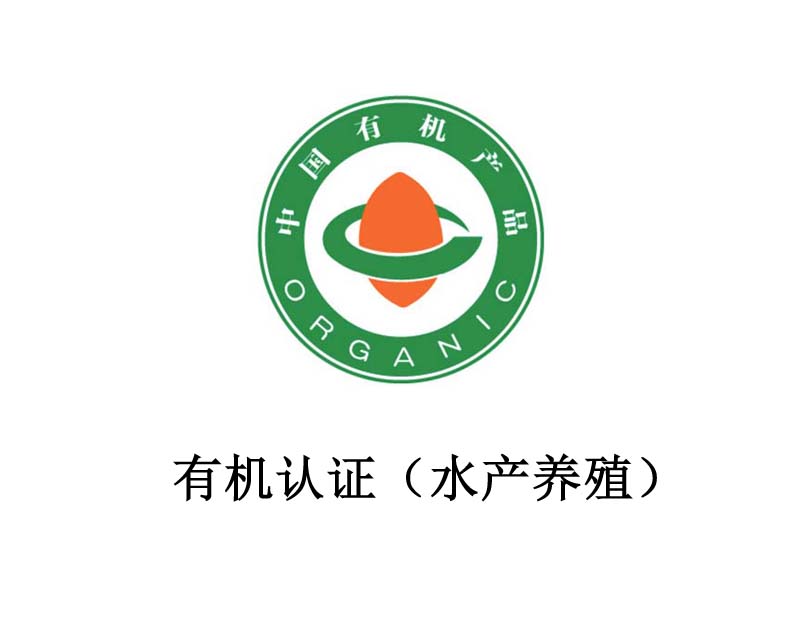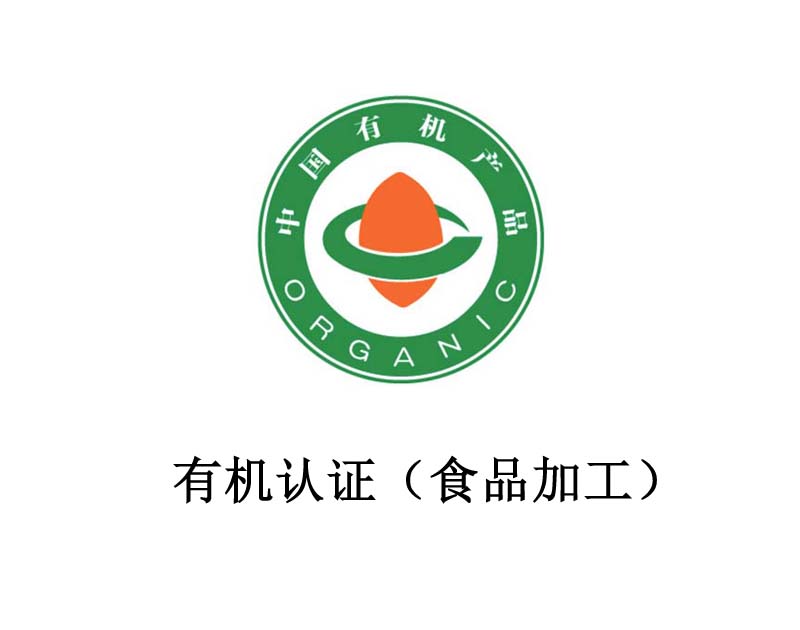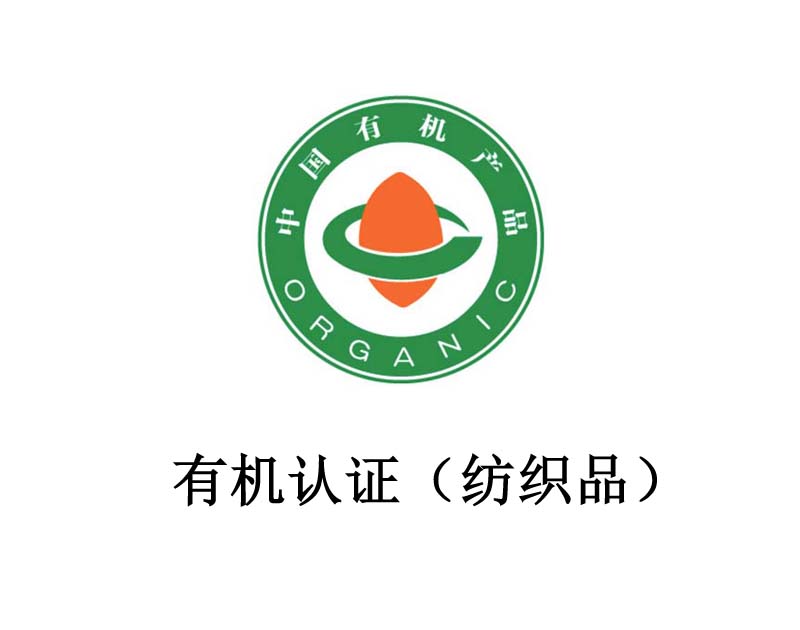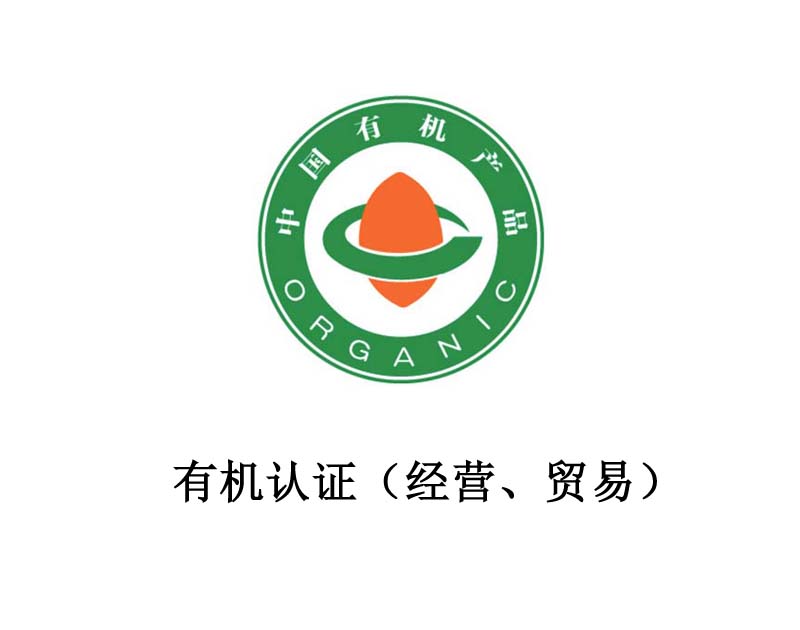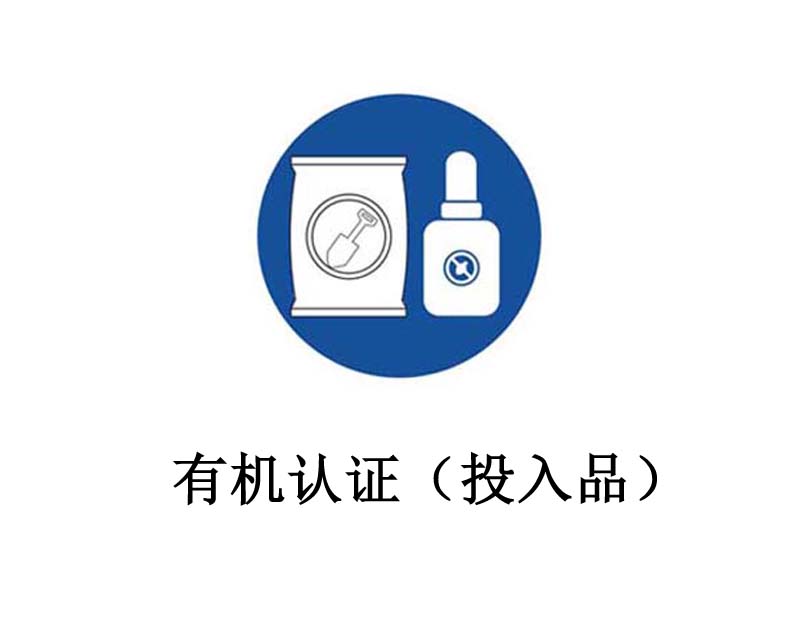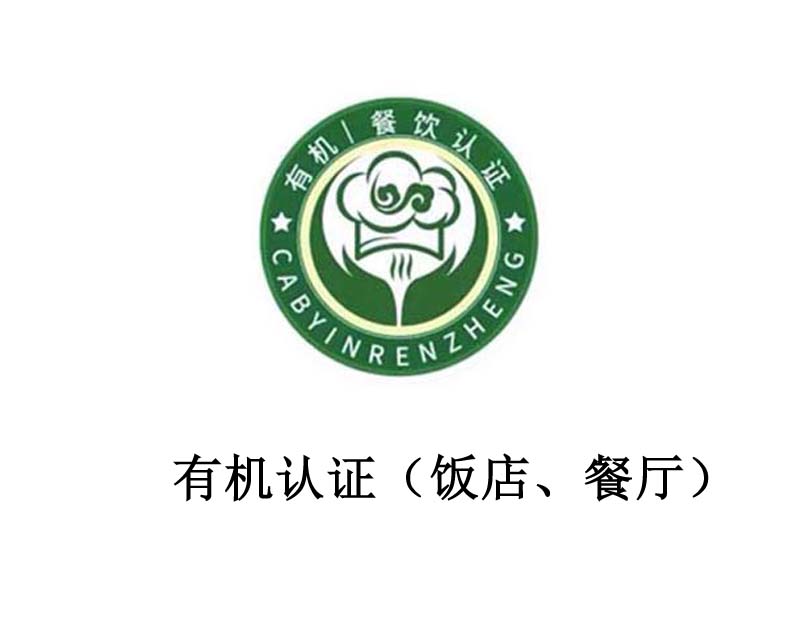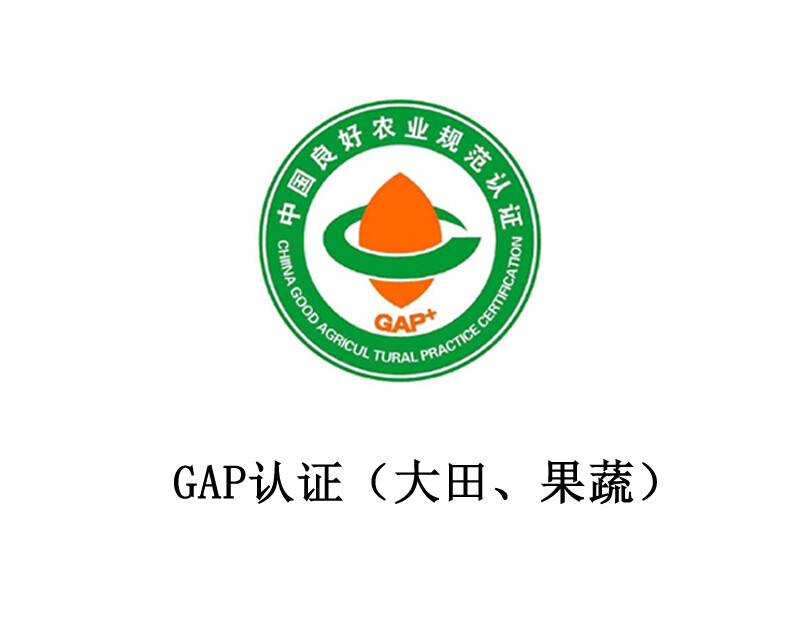Agricultural Product Food Certification Service Network
Technical Support: China Green Huaxing (Beijing) Agricultural Research Institute
Copyright: Guohuan Organic Agricultural Products (Dezhou) Co., Ltd
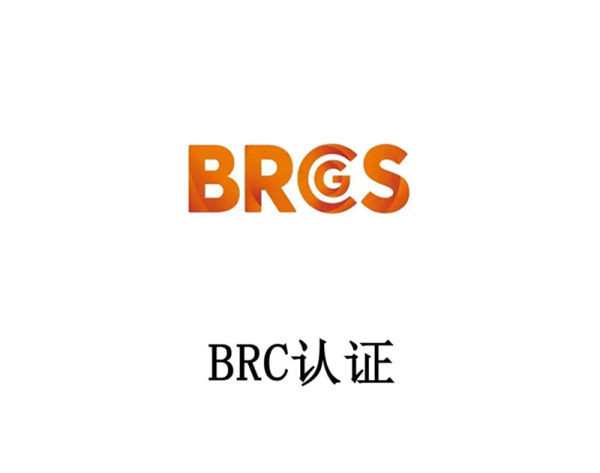
BRC Overview
In 1998, the British Retail Consortium (BRC) industry requirements led to the establishment of the BRC Food Technical Standard (BRC Food Technical Standard) to assess the safety of food products from retailers' own brands. The BRC certification has become an internationally recognized food safety standard, not only used to evaluate the supply chain of retailers but also to help many international companies establish their own supply chain evaluation systems and brand product production standards.
Significance of Certification:
Initially, the standard was required for food exported from the UK and other European and international markets. However, as its name suggests, the global standard has become the best practice for supply chains across multiple industries, not only for evaluating retailers' brand products and food production but also for product certification. After passing the audit, the certification body will issue a BRC certificate. Many European and global retailers (such as Walmart) consider BRC certification as a basic requirement when selecting suppliers, making it a crucial certification for entering the international market.
BRC Certification Product Scope:
Food (Food);
Consumer Goods (Consumer Product);
Food Packaging Materials (Food Packaging material);
Storage and Distribution (Storage and Distribution);
Non-GMO Foods (Non GM Foods);
Certificate Levels:
Divided into A-B-C-D four levels, D level does not issue a certificate, A-B is valid for 1 year, C is valid for 6 months.
BRC Standard Requirements:
Food safety management system;
HACCP principles;
Hygiene requirements for personnel and facilities;
Control of hazardous products;
Control of good operating practices and verification methods;
Traceability in the food supply chain;
Continuous improvement of the system.
